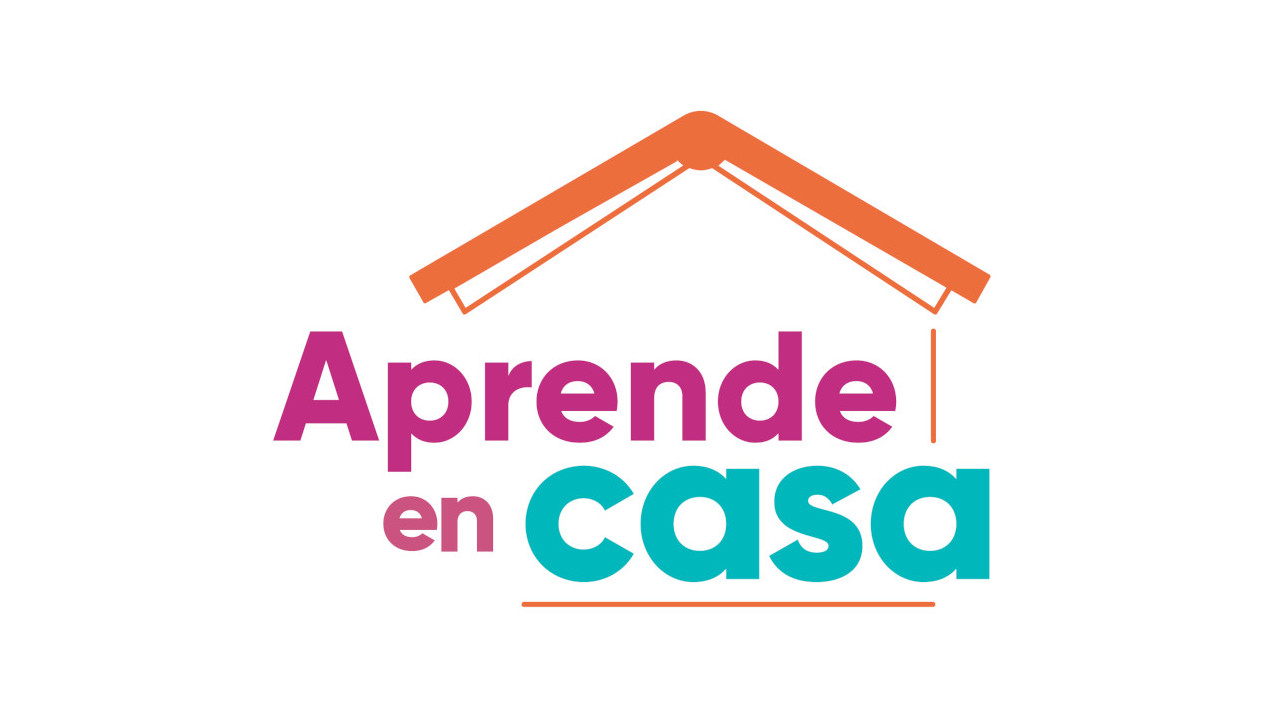El mundo natural mexicano
Valoración de la comunidad:
Última Actualización:
6 de Febrero de 2025 a las 16:04Aprendizaje esperado: explora un tema del mundo natural mexicano en materiales ilustrados.
Énfasis: explora imágenes y palabras relacionadas a un tema del mundo natural mexicano.
¿Qué vamos a aprender?
Aprenderás acerca del mundo natural mexicano.
¿Qué hacemos?
|
Hello, girls and boys. Are you in your study place?
|
¿Ya estás en tu lugar de estudio? |
|
Are you ready to have fun learning new things in English?
|
¿Estás lista y listo para divertirte aprendiendo nuevas cosas en inglés?
|
|
First, let me tell you something.
We must take care of ourselves, let's remember some recommendations that we already learned in a song.
|
Primero, permítanme decirles algo.
Debemos cuidarnos, recordemos algunas recomendaciones que aprendimos en una canción. |
-
Video. Classroom signs.
|
Today we are going to learn about the Mexican natural world. |
Hoy vamos a aprender sobre el mundo natural mexicano. |
|
Let's look at this map. |
Veamos este mapa. |

|
This is the map of Mexico.
|
Este es el mapa de México. |
|
What can you see in the map?
|
¿Qué pueden ver en este mapa? |
|
We can see words and images of pretty places in Mexico.
|
Podemos ver palabras e imágenes de lugares bonitos de México.
|
|
We can see the jungle, the forest, the desert, and the sea. |
Podemos ver el bosque, la selva, el desierto y el mar.
|
|
Repeat after me: |
Repitan después de mí: selva, bosque, desierto y océano.
|
|
Jungle.
|
Selva. |
|
Forest.
|
Bosque. |
|
Desert.
|
Desierto. |
|
And sea.
|
Y el mar. |
|
Sing this song with me to learn the names of the ecosystems of Mexico. |
Canten conmigo esta canción para que se aprendan los nombres de los ecosistemas de México. |
-
Canción. Sea, jungle, forest.
|
Look at the different places where animals live.
|
Observen los diferentes lugares donde viven los animales. |
|
|
|
|
In each place there are different kind of animals.
|
En cada lugar existen diferentes tipos de animales. |
|
Let's look at the animals that live in each place or habitat.
|
Veamos los animales que viven en cada lugar o hábitat. |
|
Jungle: monkeys and frogs. |
Selva: monos y ranas.
|
|
Forest: bears, butterflies.
|
Bosque: osos y mariposas. |
|
Desert: scorpions, snakes.
|
Desierto: escorpiones y serpientes. |
|
Sea: whale, fish.
|
Mar: ballenas y pescados. |
|
Look at this image of the forest. |
Observen esta imagen del bosque. |

|
We have already learned some names of animals that live in the forest. |
Ya hemos aprendido los nombres de algunos animales que viven en el bosque.
|
|
Which animals do you remember? |
¿Qué animales recuerdas?
|
|
I remember the bears. |
Los osos.
|
|
From the story of Goldilocks and the three bears. |
Del cuento de Ricitos de Oro y los tres osos.
|
|
Also, from the Jungle, we have learned the names of some animals. |
Además, de la selva hemos aprendido los nombres de algunos animales.
|
|
Monkeys, from the song “five little monkeys”. |
Changos, de la canción de los 5 changuitos.
|
|
Would you like to learn some more? |
¿Te gustaría aprender más?
|
|
Let´s look at these illustrations of some animals. |
Observemos ilustraciones de algunos animales.
|
|
Scorpion |
Escorpión |

|
Snake |
Serpiente |

|
Butterfly |
Mariposa |

|
Frog |
Rana. |

|
Whale |
Ballena |

|
Monkey |
Chango |

|
Bear |
Oso |

|
Fish |
Pez |

|
Now your learned some new animals. |
Ahora has aprendido algunos animales nuevos.
|
|
Now let´s watch a video to get to know where these animals live.
|
Ahora veamos un video para saber dónde viven estos animales. |
-
Video: The Mexican natural world.
|
Now that you know where animals live, help me match animals to the habitats they live in. |
Ahora que saben dónde viven los animales, ayúdenme a relacionar los animales con el hábitat en el que viven.
|
|
We will pick the animals one by one and decide what habitat they belong to. |
Tomaremos los animales uno por uno y decidiremos a qué hábitat pertenecen.
|
En tu cuaderno escribe los animales que acabas de aprender y dibuja el hábitat en el que viven, puedes dibujarlos basándote en los habitas como se muestran a continuación, o puedes dibujarlos como a ti te gusten.
Desert

Forest

Jungle

Sea

|
Now, let us review through this song the habitats where the animals live.
|
Ahora repasemos los hábitats donde viven los animales a través de esta canción. |
-
Video. Sea jungle forest desert song.
|
Now, let's play a memory game. I will invite teacher. You will invite your mom or dad to play with you. |
Ahora vamos a jugar un juego de memoria. Invitaras a tu mamá o papá para que juegue contigo. |
Con la ayuda de tu mamá o papá recorta con cuidado las tarjetas del memorama.
|
|
|
|
|
|
|
You are going to help him to select two cards. |
Ustedes le van a ayudar a seleccionar dos tarjetas.
|
|
The cards are mixed up and laid in rows, face down on the table. |
Las tarjetas están revueltas en filas y volteadas en la mesa.
|
|
He has to find the animals and the place where those animals live. |
tiene que encontrar los animales y los lugares donde viven.
|
|
Great! I love this game. |
¡Genial! Me encanta este juego. |
Jugarán algunos turnos el juego de memorama y traducirás los animales y hábitats conforme se vayan mencionando.
|
Draw the map of Mexico. Draw an animal and the place where it lives. |
Dibuja el mapa de México. Dibuja un animal y el lugar donde vive.
|
|
I don’t know so many things about animals, but, I can draw some of the animals that live in my city. |
No sé mucho de animales, pero puedo poner animales que viven en la misma ciudad que yo.
|
|
What animals would those be? |
¿Qué animales serían?
|
|
Maybe rats, cats, dogs, some types of spiders. |
Tal vez ratas, gatos, perros, algunos tipos de arañas.
|
|
Let me show you a drawing of a student. |
Permítanme mostrarles un dibujo de una alumna.
|
|
Mía drew some butterflies in central Mexico. |
Mía dibujó unas mariposas en el centro de México. |

|
The class is over. |
La clase terminó.
|
|
Thank you for joining us! |
Gracias por acompañarnos.
|
|
It’s been a pleasure to learn together. |
Ha sido un placer aprender juntos.
|
|
Remember to share your map with your teacher and family. |
Recuerden compartir su mapa con su familia y amigos. |
|
See you soon. |
Nos vemos pronto. |
Si te es posible consulta otros libros y comenta el tema de hoy con tu familia.
¡Buen trabajo!
Gracias por tu esfuerzo.
Descarga tu clase dando clic aquí








Login to join the discussion